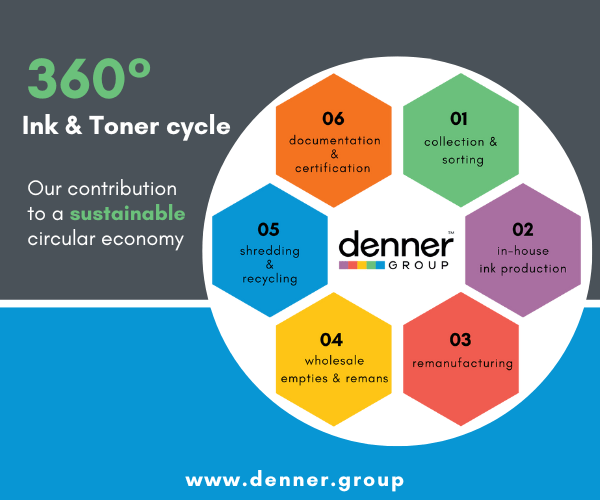 After the fourth round of tariffs were announced by President Trump, China announced more of its own tariffs against US products, causing President Trump to retaliate with an additional 5 percent on tariffs.
After the fourth round of tariffs were announced by President Trump, China announced more of its own tariffs against US products, causing President Trump to retaliate with an additional 5 percent on tariffs.
A statement released by the United States Representative (USTR), responding to China’s decision to impose tariffs on US products said: “President Trump has instructed the United States Trade Representative (USTR) to increase by five percent the tariffs on approximately $550 billion (€496 billion) worth of Chinese imports. For the 25 percent tariffs on approximately $250 billion (€225 billion) worth of Chinese imports, USTR will begin the process of increasing the tariff rate to 30 percent, effective 1 October following a notice and comment period.”
For the 10 percent tariffs on approximately $300 billion (€270 billion) worth of Chinese imports that the President announced earlier this month, the tariffs will now be 15 percent, effective on the already scheduled dates for tariff increases on these imports.
The tariffs are starting to cause concerns in US consumers looking at their spending in the upcoming holiday season. Global retail analytics and price optimisation company Intelligence Node announced findings of its consumer survey, showing that more than half (54 percent) of respondents are concerned about the tariff impacts to their wallets. The study covered more than 1,000 consumers.
According to the US Trade Representative’s office and the Census Bureau, $33 billion (€30 billion) in clothing, shoes, and hats will be subject to a 15 percent tariff on Chinese imports starting 1 September, not including an additional $27 billion (€24 billion) in electronics, a major category for many holiday sales promotions, that will kick in on 15 December.
According to the research published, respondents indicated that Consumer Electronics and Retail & Clothing goods are the most important (58 percent) to find on sale before purchasing, followed closely by Home & Kitchen appliances (39 percent). These goods are in the crosshairs of the escalating global tariff conflict, whereby prices at brick and mortar and online are expected to rise.
Any slowed growth in sales could negatively impact retailers’ supply chains and their ability to procure new merchandise for 2020 and beyond.
“The impending tariffs will bite into everyone’s margins,” said Sanjeev Sularia, Co-Founder and CEO, Intelligence Node. “Being able to optimise prices to maximise your margins, while putting great products into the hands of consumers at a price they feel is fair is key right now. This critical capability also allows brands and retailers to move inventory and reinvest profits into new goods they know consumers want. Sophisticated AI pricing platforms can enable them to stay competitive with the likes of Amazon and other e-commerce giants.”



















